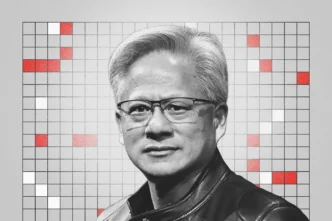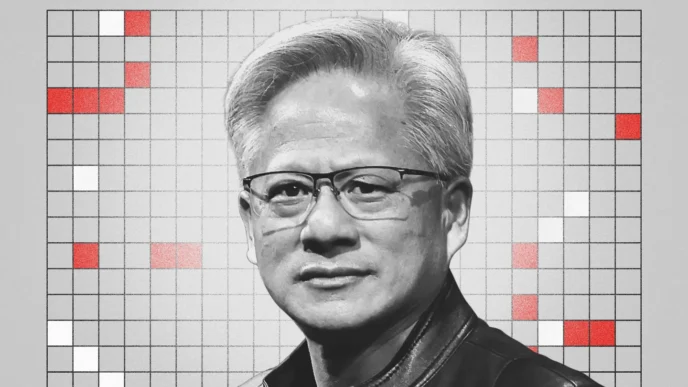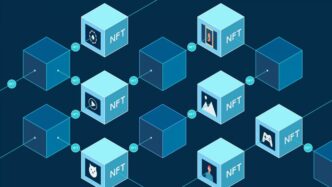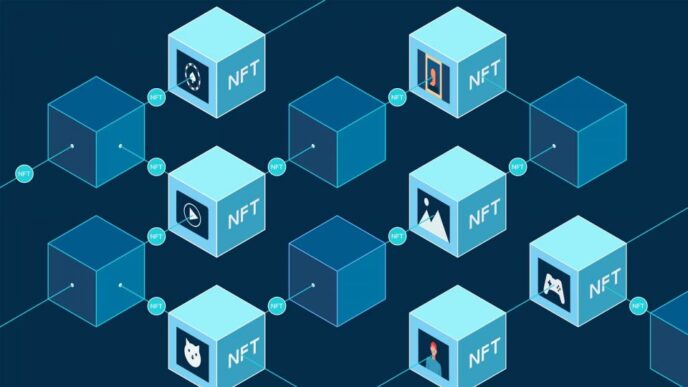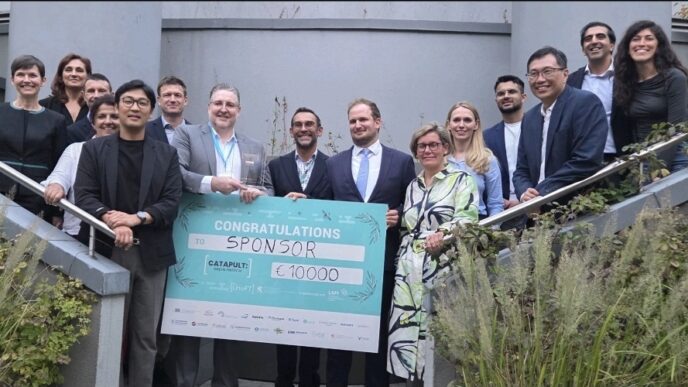Palantir CEO Alex Karp has strongly refuted claims that artificial intelligence will lead to widespread job losses among American workers, describing such fears as exaggerated and “not true.” Speaking at a recent tech conference, Karp emphasized that AI is more likely to augment human labor rather than replace it, particularly in sectors that rely on complex decision-making and critical thinking.
Karp’s Stance on AI and Employment
“People keep saying AI is going to take away all the jobs, but that’s not true,” Karp said. “In the United States, the type of labor that is most vulnerable to automation is limited, and AI will more often create new opportunities than destroy existing ones.”
Karp pointed to Palantir’s own use of AI tools as evidence that the technology enhances productivity rather than eliminating roles. The company leverages AI to analyze vast datasets, support strategic decision-making, and streamline workflows, but human operators remain central to interpreting results and implementing solutions.
Augmentation, Not Replacement
Experts agree that AI adoption tends to change the nature of work rather than erase jobs outright. While routine or repetitive tasks can be automated, roles requiring judgment, creativity, and interpersonal skills are more resilient. Karp argued that U.S. labor markets will see an evolution in job functions rather than mass displacement.
“AI doesn’t replace human insight—it amplifies it,” Karp said. “We’re seeing teams perform more sophisticated analysis, respond faster to crises, and make better decisions, but it still requires human expertise at the core.”
Addressing Public Anxiety
Despite industry optimism, public concerns about AI-driven unemployment remain high. Media coverage and alarmist projections have fueled fears that millions of workers could be displaced in the coming decade. Karp’s comments reflect a counter-narrative emphasizing that AI is a tool for empowerment rather than obsolescence.
Labor economists note that while AI may displace certain roles, historical trends show that technology adoption tends to create new jobs and industries, even as it renders some functions redundant. The challenge, they say, lies in workforce reskilling and adapting education systems to prepare workers for AI-enhanced roles.
Palantir’s AI Approach
Palantir has invested heavily in AI to support sectors ranging from defense to healthcare and finance. The company’s platform integrates machine learning with human decision-making, allowing organizations to process large volumes of data while retaining accountability and strategic oversight.
Karp emphasized that this model contrasts with narratives of “AI replacing humans entirely,” arguing that successful AI implementation depends on collaboration between humans and machines. “If your strategy is to remove people, you’re misunderstanding what AI is good at,” he said.
Implications for U.S. Labor
Karp’s remarks offer reassurance for policymakers and workers anxious about automation. By framing AI as an augmentation tool, Palantir positions itself—and the broader tech sector—as a partner in workforce development rather than a threat.
Analysts suggest that companies integrating AI responsibly can increase productivity, improve safety, and open up new career pathways, particularly in high-skill and technical fields. The key, according to experts, is balancing innovation with targeted support for workers whose roles may be affected.
Conclusion
While debates about AI and employment continue, Palantir CEO Alex Karp’s comments underscore an important perspective: in the U.S., AI is more likely to transform work than eliminate it. With thoughtful implementation, investment in reskilling, and a focus on augmentation over replacement, AI could become a catalyst for growth rather than a source of mass unemployment.







